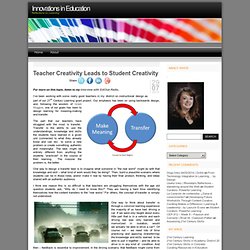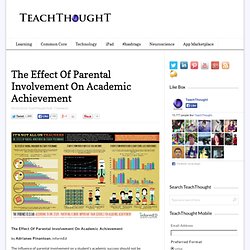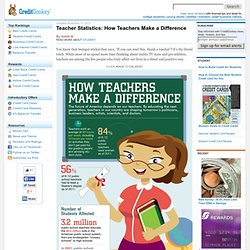

Mastering Global Literacy. Teacher Creativity Leads to Student Creativity. For more on this topic, listen to my interview with EdChat Radio.

I’ve been working with some really good teachers in my district on instructional design as part of our 21st Century Learning grant project. Our emphasis has been on using backwards design, and, following the wisdom of Grant Wiggins, one of our goals has been to design learning for meaning-making and transfer. The part that our teachers have struggled with the most is transfer. Transfer is the ability to use the understandings, knowledge and skills the students have learned in a given unit (connected to what they already know and can do) to solve a new problem or create something authentic and meaningful. The task might be entirely different from anything the students “practiced” in the course of their learning. One way to design a transfer task is to imagine what someone in “the real world” might do with that knowledge and skill – what kind of work would they be doing?
The Effect Of Parental Involvement On Academic Achievement. The Effect Of Parental Involvement On Academic Achievement by Adrianes Pinantoan, informEd The influence of parental involvement on a student’s academic success should not be underestimated.

While brain power, work ethic, and even genetics all play important roles in student achievement, the determining factor comes down to what kind of support system she has at home. Students with two parents operating in supportive roles are 52% more likely to enjoy school and get straight A’s than students whose parents are disengaged with what’s going on at school. This is especially the case during the earliest years of schooling, in Kindergarten through the 5th grade, when students with active parents are almost twice as likely to succeed. The data shows, predictably, that having one parent involved is better than having none at all. Even the difference in involvement between parents with advanced degrees and parents with bachelor’s degrees hovers around 10%.
Sleep Statistics: Why You Need More Shut-Eye. Quality sleep or lack thereof can affect all facets of your life: academic performance, career, health, and your safety on the road.

Frequent drowsiness can basically hijack your life. By making it a priority to get enough quality sleep, you can give yourself an edge – on life. Keep reading to find tips on how to get a roundtrip to dreamland. The Rundown on Sleep 25% of adults say they occasionally do not get enough sleep. Nearly 10% experience chronic insomnia. 10-11 hours of sleep each day is needed for children 5-10 years of age. 9.5 hours is the average (median) number of hours of sleep school-age children get each night. 8.5-9.25 hours is needed for those between 10-17 years of age. 31% of high school students get at least 8 hours of sleep per day. Teacher Statistics: How Teachers Make a Difference. You know that bumper sticker that says, “If you can read this, thank a teacher”?

It’s the literal truth. While most of us spend more time thinking about reality TV stars and pro athletes, teachers are among the few people who truly affect our lives in a direct and positive way. Partly because they’re so important to society, teachers are often the subject of a lot of public debate. Towns argue about school budgets. Policymakers take sides on how to judge educators’ job performance. The good news for teachers is that, for the most part, people think they’re doing a good job. And yet, there is also a strain of thought that suggests many teachers are uninterested in their job, are unwilling to truly reach out to their students, or are lazily relying on union contracts until retirement. Show Your Appreciation You respect what the teachers in your community are doing. Whether you’re a parent, a grandparent, or just an involved community member, another great way to help is by volunteering.
Teacher Preparation: Who's Doing it Right, and What Can We Learn from Them? - InformED. Tell teachers what you want, Ofsted – what you really, really want. Teachers know the drill.

When the text arrives from a friend saying "Uh-oh, Ofsted inspectors on the way, save me now! " you reply saying "Stay calm, just do what you always do, and you'll be fine". Problem is, no one knows if that advice is true any more. After a decade of endless fiddling with the criteria for "outstanding" lessons, plus constant cries that teachers are "failing" some or other group – last week it was the highly able – it has become impossible for teachers to know if their daily practice is what inspectors, or even their own school senior managers, are looking for. Back in the mid-2000s, the criteria for achieving an outstanding lesson were lengthy but specific. By the start of 2012, when Sir Michael Wilshaw took over at Ofsted, teachers breathed a sigh of relief as he promised to simplify the criteria and said inspectors had "no preferred teaching style". Ignoring Ofsted is not an option, and neither should it be.